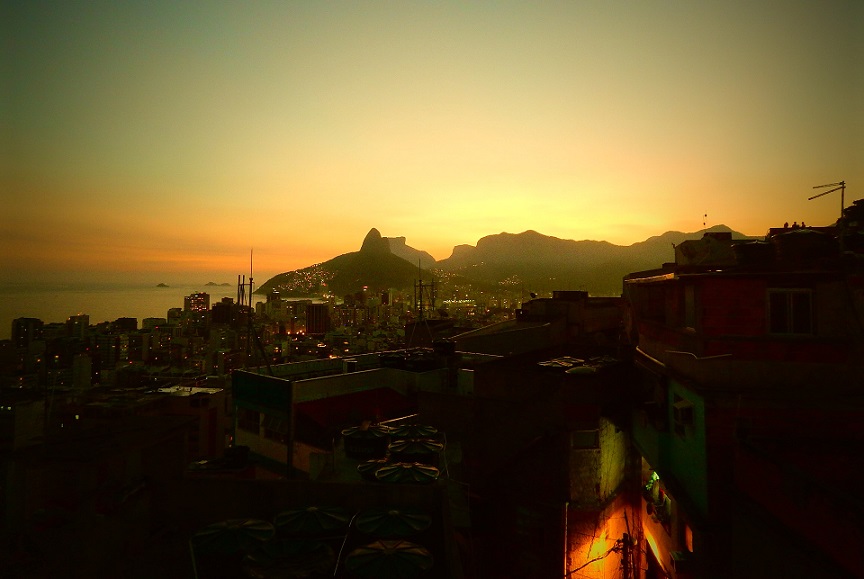The recent acts of vandalism in Brasilia (Brazil) show that democracy becomes fragile not so much because of the failure to comply with the rules and designs of the democratic regime, but because of the accommodating conception of democracy when one political side loses power and control of the state and its followers feel entitled to trample on the institutions.

In this case, the Bolsonarista camp made clear the concept of democracy that guided the mob in the onslaught against the institutions and which is the same as the one Jair Bolsonaro ruled with during his presidential term.
The savage hordes that stormed the institutions representing Brazil’s public powers are not the expression of popular discontent over economic measures or social conditions associated with extreme poverty and hunger. In other words, it was not, as was suggested in Colombia, a social explosion. No. On the contrary, they speak of a perverse de-construction of the concept of democracy and of the other notions that converge in this complex and magnetised political category. I am talking about respect for difference, recognition of Otherness, coexistence and peace.
Those who vandalised the public buildings in Brasilia did so on the basis of a rather poor conception of democracy, insofar as they ignored the electoral and political triumph of Lula da Silva and delegitimised the right to vote freely of the compatriots who did not vote for Bolsonaro, as well as those who voted blank or abstained from participating in the election day.
What happened in the United States in 2021 with the mob sent to Congress by Donald Trump and in Brazil on 8 January 2023 expose the social and individual dimension of democracy, beyond any reference to democratic institutions and institutionality derived from the political exercise of executive power.

The vandals who vandalised the institutions of public authorities in Brazil and those who once broke into congressional buildings in the US as outlaws are part of a pre-political project insofar as there is no recognition of the Other as an equal, as a citizen. Moreover, that Other is the enemy, and when these citizens make such statements internally, we are facing the prelude to a major social conflict, the result of a socio-political fracture caused by intolerance and the toxic leaderships of Trump and Bolsonaro.
In Colombia there are already glimpses of pre-political projects emerging from the harmful leadership of politicians such as Álvaro Uribe, Federico Gutiérrez, Enrique Gómez, Iván Duque and Enrique Peñalosa, among others. Those who supported the democratic security policy (2002-2010) and those who kept a complicit silence in the face of the atrocities committed in the name of that public policy, came very close to the pre-political project of which the trumpistas in the USA and the bolsonaristas in Brazil are a part.
A pre-political project similar to the one roaming within the societies of the United States and Brazil could be managed around the left that governs Colombia today.
Therefore, the best thing the democratic left can do is to train citizens, activists and followers to respect the opinions of others, to recognise differences and those who are different.
Only a society whose members have a broad sense of democracy can minimise the occurrence of the deplorable events in Brazil and the United States.

Democracy becomes fragile from the very moment we assume the Other as the enemy and democratic institutions as “military” targets to be reached at any cost.
The etymological past of the word horde speaks of a military sense that naturally disdains democracy. This is the warlike perspective that inspired the Bolsonaristas to want to annihilate the symbols of democracy.
*Germán Ayala Osorio: Social communicator, journalist and political scientist, author of the blog La otra tribuna.
(Translated by Cristina Popa – Email: gcpopa83@gmail.com) – Photo: Pixabay












.jpg)












